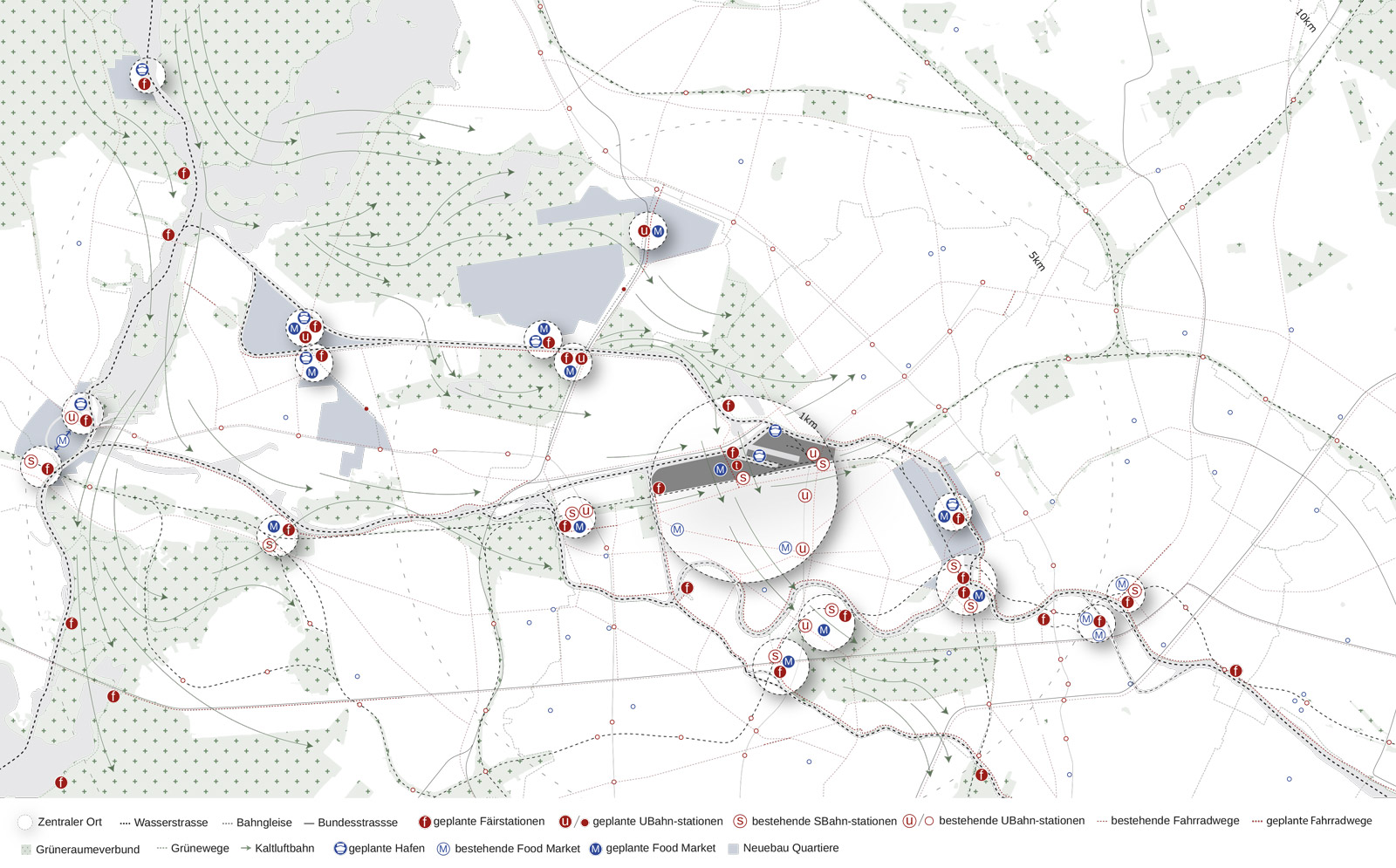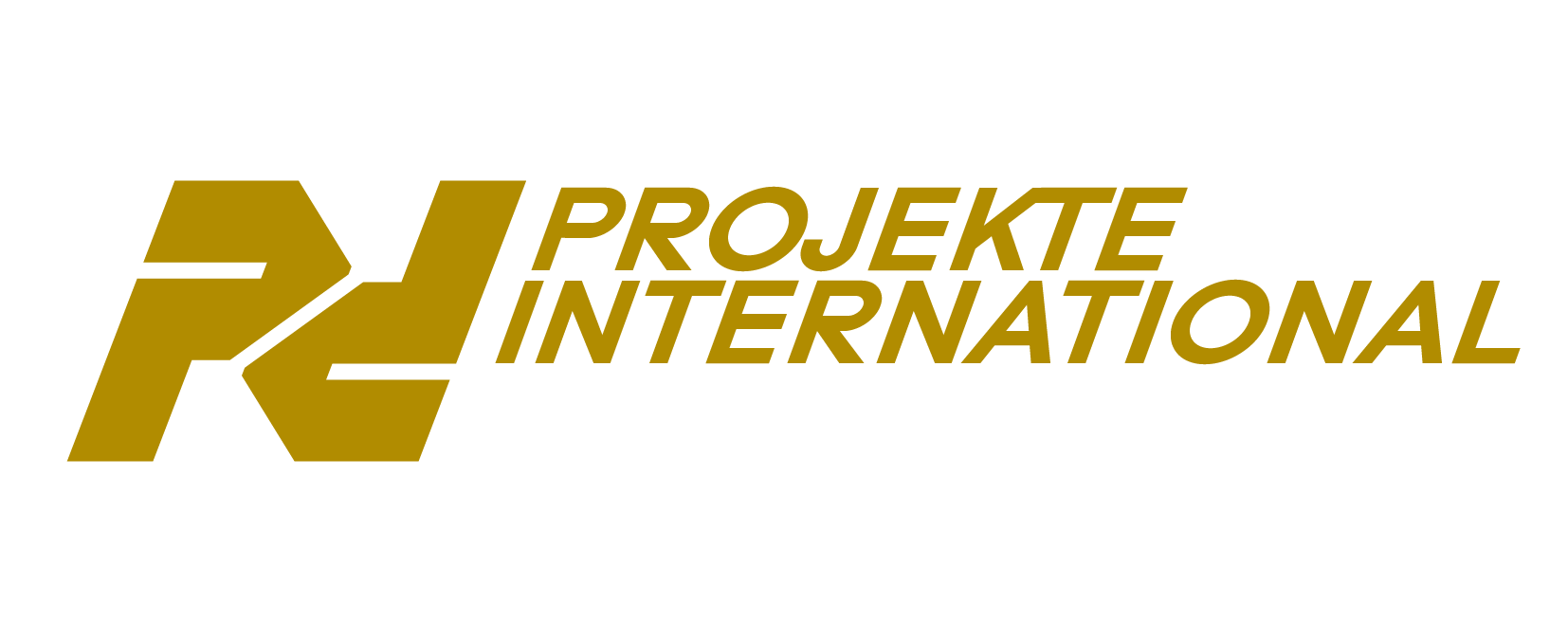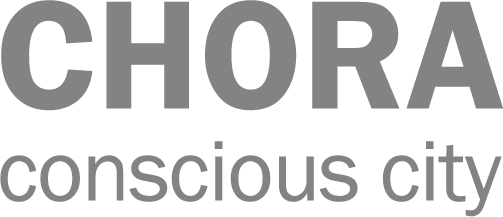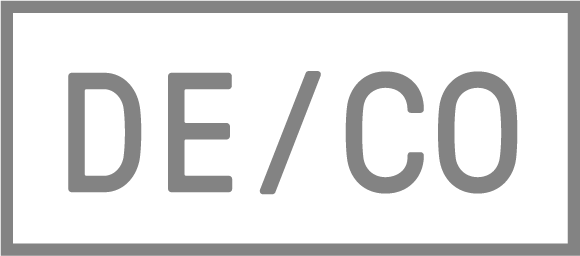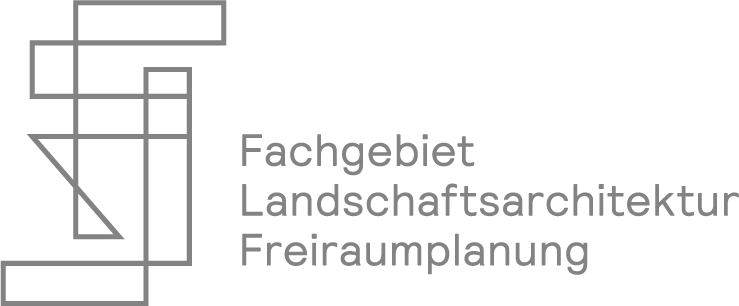MICROARTICLE #Waste & Materials
Gateways for Regionalised Supply Chains
By: Klub Kanal
MICROARTICLE Waste & Materials
Wissensstadt Berlin 2021
Published on June 26, 2021
As a local challenge thousands of new apartments will have to be built in the region over the next few years. A large part of Berlin's future housing supply is actually planned within a 10 km radius from Westhafen. As a trimodal, inner-city freight center, the port is an excellent gateway for distribution in a circular-regional network with an existing network of roads, tracks and waterways with harbour and freight centers.
Throughout the region we find an evenly spread out distribution of forestry and places with timber-specific knowledge. Within a range of 80 kilometres, covering the whole of Brandenburg, new and highly specialized places are set up in strategic positions at the intersections of at least two modes of transportation as well as in close proximity to the resources.
These regional clusters of specialized knowledge act as gateways for material and knowledge distribution, forming a network throughout the region with Westhafen as an important node, from which the inner-city distribution is organized.
Ultimately, in light of new political favour for sustainable construction, we propose the implementation of more places of timber knowledge, processing and distribution to cope with the increased demand of timber, and to foster economic activity. For a sustainable and direct transportation of timber we also propose the enhanced use of waterways with new harbours as well as a new freight railroad ring.
BB2040
[EN] Berlin Brandenburg 2040 was initiated by the Habitat Unit in cooperation with Projekte International and provides an open stage and platform for multiple contributions of departments and students of the Technical University Berlin and beyond. The project is funded by the Robert Bosch Foundation.
[DE] Berlin Brandenburg 2040 wurde initiiert von der Habitat Unit in Kooperation mit Projekte International und bietet eine offene Plattform für Beiträge von Fachgebieten und Studierenden der Technischen Universität Berlin und darüberhinaus. Das Projekt wird von der Robert Bosch Stiftung gefördert.
